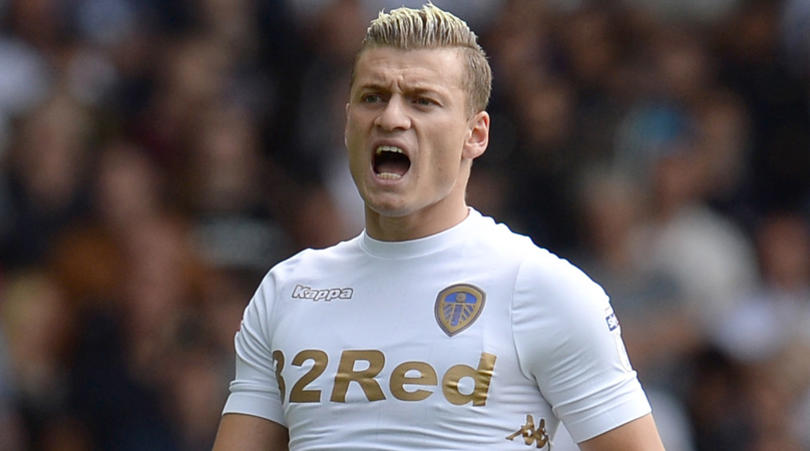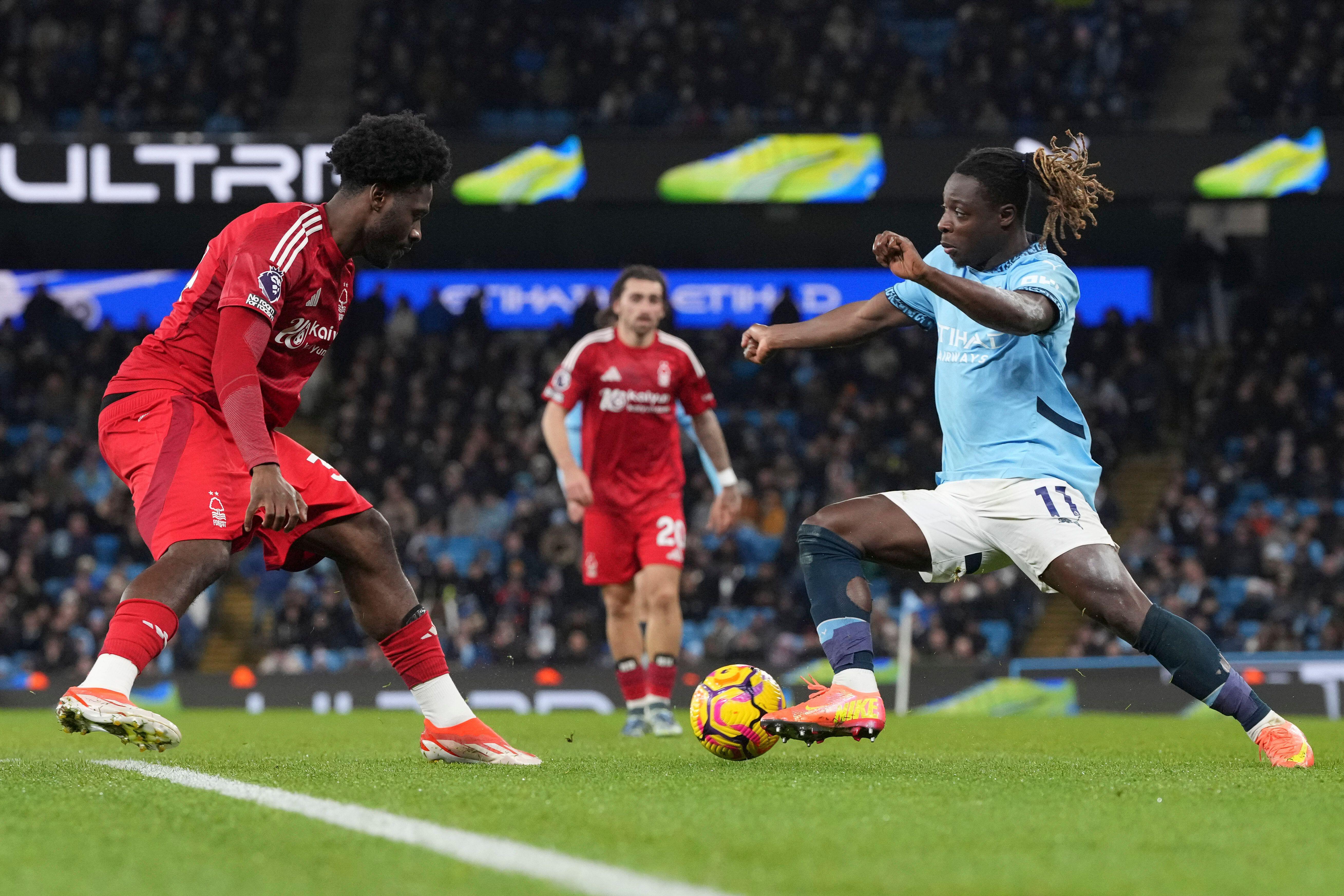What heavy Championship spending might mean for English football's future
Premier League cash is creating a new class of club that exists somewhere between the top two divisions – but is it necessarily a bad thing?

Do you know which team spent the 10th most out of all English clubs in this summer’s transfer window? Go on, have a guess.
It was recently relegated Middlesbrough, who currently sit ninth in the Championship after five matches.
In an attempt to bounce back to the Premier League at the first time of asking, Garry Monk outspent West Ham, West Brom and Burnley, and forked out almost as much as Arsenal, with over half of the £47m spent by the Teessiders going on two strikers: Britt Assombalonga from Nottingham Forest and Toulouse’s Martin Braithwaite.
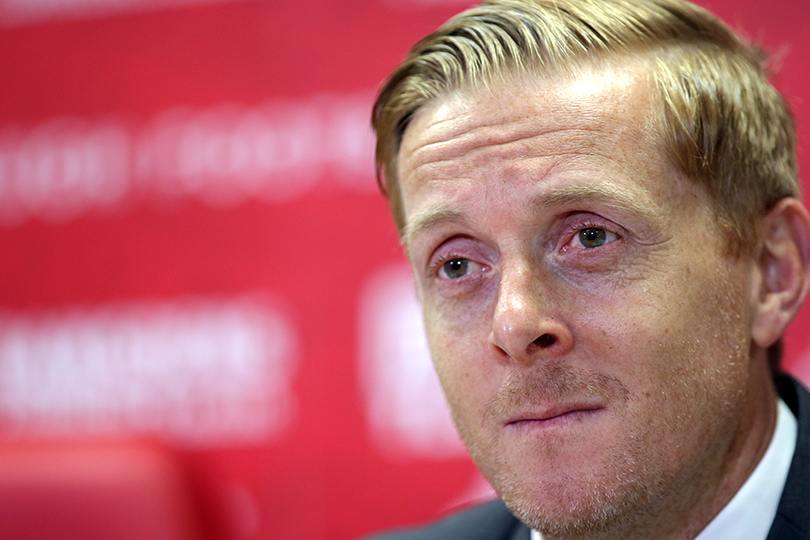
Of course, Middlesbrough aren’t the only big-spending Championship club in recent years, but they do represent an emerging subdivision of sides; those that span the top two tiers of English football and have either rich owners, parachute payments or both. Let’s call it the Premiership.
Six of the best
Sky Sports would never admit it, but outside of the Premier League’s top six there are a lot of very average teams. Last season, there were just six points between Watford in 17th and Southampton in eighth, with Everton 15 points ahead of the Saints but still eight points behind Manchester United.
Sky Sports would never admit it, but outside of the Premier League’s top six there are a lot of very average teams
The aim of these clubs at the start of the season is simple: don’t get relegated. The likes of Stoke, Southampton and West Brom probably have more reasonable expectations of achieving that than the rest, but even then-champions Leicester showed last year how easy it can be to slip into trouble when you don’t belong to that elite group of six.
Get FourFourTwo Newsletter
The best features, fun and footballing quizzes, straight to your inbox every week.
These ‘Premiership’ clubs don’t only exist in the bottom half of the Premier League. In terms of quality, the teams at the top end of the Championship aren’t much worse, but the division remains competitive from top to bottom. Put in our best Mick McCarthy drawl: on their day, anyone can beat anyone.
But England’s second tier has changed in recent years. Not the bit about anyone being able to beat anyone – that’s still true – but the money spent can now reach Premier League levels. Last season Aston Villa had the most expensively assembled squad in Championship history, having shelled out £72m across the two transfer windows – and that doesn’t take wages into account either. They finished 13th.
This summer’s transfer window only served to shift things further. Huddersfield spent biggest of the promoted clubs, parting with £45m to sign the likes of Steve Mounie, Tom Ince and Aaron Mooy; Brighton spent the least, missing out on two strikers as the minutes ticked away on deadline day. Despite two of the three teams breaking their transfer records (three times in Brighton’s case), none of them spent enough for even one Kyle Walker.
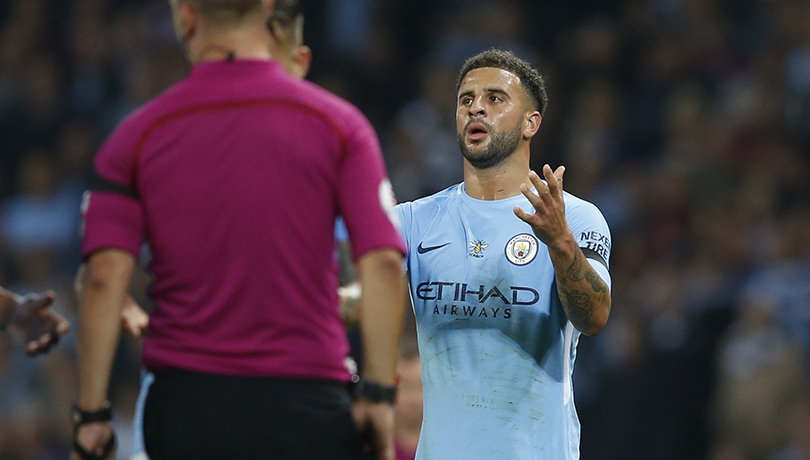
Those figures are comparable to the clubs they need to beat to survive. Outside of the top six, clubs spent an average of £46.3m – and that’s with Everton’s £135m push to join the elite skewing the figures. Take the Toffees out and the number falls below £40m – still less than Boro’s summer spending spree.
Best of the rest
Parachute payments were brought in to stop clubs going out of business when they drop out of the Premier League. That theory is still sound, but combined with the extra TV money they receive upon making it to the so-called ‘Promised Land’, it’s becoming harder to tell the difference between a bottom-end Premier League club and promotion-chasing Championship one.
There are eight teams in the second tier with parachute payments: Cardiff, Hull, Middlesbrough, QPR, Fulham, Villa, Sunderland and Norwich
There are eight teams in the second tier with parachute payments (around £60m paid over four seasons): Cardiff, Hull, Middlesbrough, QPR, Fulham, Villa, Sunderland and Norwich. Of the 20 teams in the Premier League today, six of them have spent time in the Championship since Cardiff went down in 2014.
Middlesbrough have made back a lot of what they’ve spent by offloading players they bought with their Premier League cash, but without those parachute payments that money would surely have gone towards making up the shortfall.
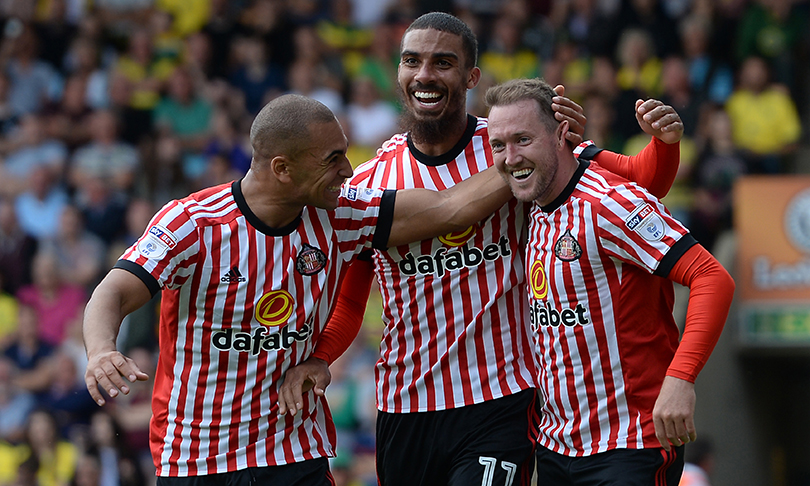
Add in teams such as Wolves, Reading, Derby or Sheffield Wednesday – with rich owners who are willing to bankroll their clubs' pushes towards the Premier League – and the sleeping giants of Leeds and Forest. That leaves a host of teams that, thanks to Financial Fair Play, have minimal hope of joining the upper reaches of the Championship, plus far more difficult circumstances for teams coming up from League One.
The little guys
There will always be exceptions. Huddersfield truly broke the mould last season, and while it’s true that there was money behind Brighton’s eventual promotion, the Seagulls didn’t spend on players in a way that promoted sides have done previously.
It leaves a host of teams that, thanks to Financial Fair Play, have minimal hope of joining the upper reaches of the Championship
Even so, this increasingly inverted Premier League replica leaves little hope for teams such as Preston, Burton and Barnsley, who spent a combined £2.2m this window (and half of that going on North End’s new goalkeeper Declan Rudd).
There are other ways to raise funds, of course, and Barnsley have done well in recent years through good old-fashioned player sales; Burton, meanwhile, pocketed around £2m from the sale of Jackson Irvine to Hull. But selling your best players won’t win you games.
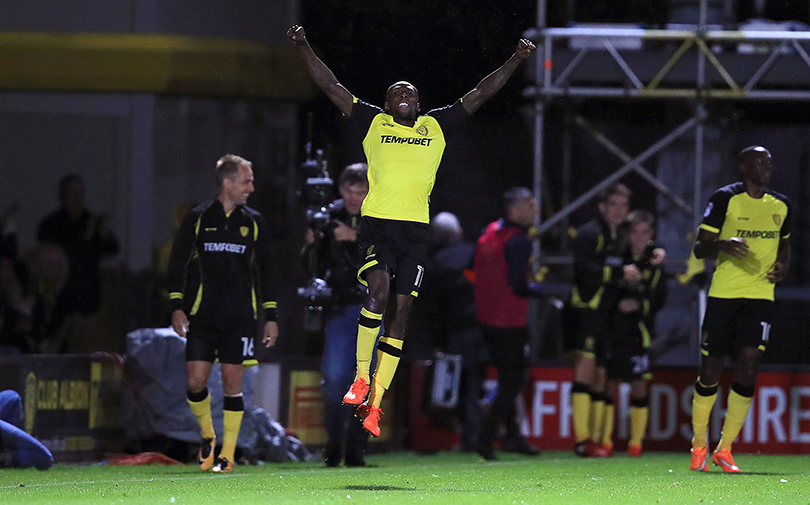
Preston’s mid-table finish last season should certainly provide hope, but these teams – all looking to David Wagner’s Terriers for inspiration – start each season merely hoping to survive while the moneyed clubs above them fight for their turn at the top table. Each season, three clubs come down supported by parachute payments and the whole process starts again.
Cushioning the blow
Premier League chiefs would argue that they are simply sharing the wealth, and without parachute payments there’s no doubt relegated clubs would be in serious trouble. The average income in the Championship last year was £22m, while a club coming down from the Premier League is likely to have a wage bill of £40m+. You don’t need to be Carol Vorderman to work out that those numbers don’t go.
Parachute payments? The alternative is financial meltdown as clubs struggle to pay wages
Despite the inequalities, not everyone believes parachute payments are causing more problems than they solve. As Kieran Maguire, an expert on football finance from Liverpool University tells FFT: “The alternative is financial meltdown as clubs struggle to pay wages.
“Parachute payments do allow relegated clubs to spend more on player recruitment, but it still needs to be spent well. With so many clubs in the Championship under new or foreign ownership there is already plenty of competition, regardless of parachute payments.”

There’s no going back. The genie’s out of the bottle – and with Financial Fair Play effectively putting an end to any club just spending its way into the elite, ultimately the logical (if not entirely palatable) conclusion for many fans is for the Premier League’s top teams to break away and join Europe’s other free-spending clubs in a so-called Super League.
That’s usually seen as detrimental to the health of the clubs left behind, but in terms of competitiveness it might not be the worst thing that could happen.
Shuffling the pack
Depending on how many of the top six departed, those clubs that can drop £75m+ on a single player would be gone, with more of the ‘Premiership’ teams able to compete in the country’s newly established top division. Restructuring below would arguably help those teams that currently struggle in the Championship, and allow space for more competition from League One.
Provided attendances were maintained, financial expert Maguire believes the new league would be still be attractive to broadcasters and do reasonably well – although revenues would take a serious hit. “The international rights, which are currently worth £3bn over three years, would collapse to next to nothing,” he predicts, “and the domestic rights – currently £5bn over the same period – would drop to less than £1bn.”
Nobody in the Far East and beyond really wants to watch Watford or Crystal Palace, then, but given the popularity of the Football League in this country there’s no reason to believe the appeal for match-going fans would suddenly evaporate just because Manchester United have denied those left behind the opportunity to see Chris Smalling play.
With plenty of fans already feeling pretty disillusioned by the actions of the top six, supporters of clubs like Newcastle, Leeds and Everton might even welcome the opportunity to compete for the title of English champions once again.
Beats spending £45m just to get relegated, doesn’t it?
Tom Wiggins is a freelance writer and editor. He has written for various magazines and websites for the past 17 years, including FourFourTwo, Stuff, GQ, Esquire, TechRadar, Yahoo Sport UK, Red Bull, TrustedReviews, ShortList, Wareable, FACT Magazine, Louder, Metro, The Set Pieces, Decrypt Media, In Bed With Maradona, and The Ambient.
